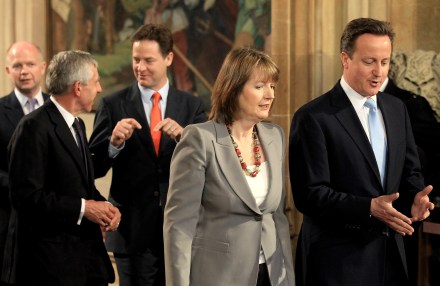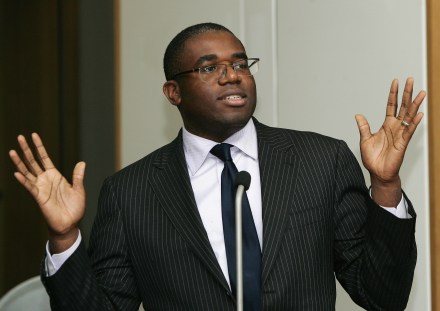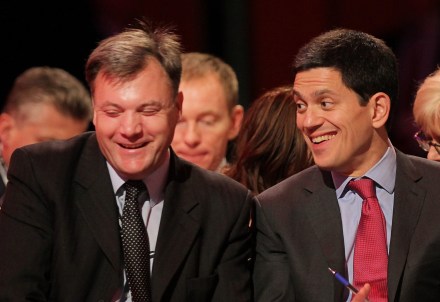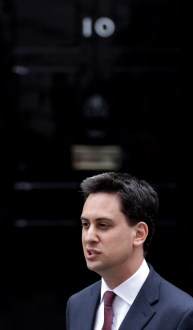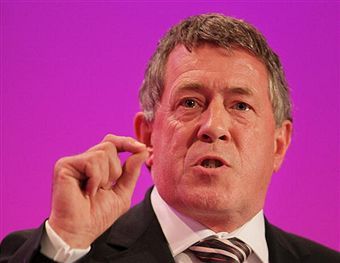The Malignancy of Ed Balls
I’ve only just got round to reading Ed Balls’ piece in the Observer in which he argues that Britain should be more protectionist in europe. Of course that’s not quite what he says, but “revisiting” the question of the free movement of peoples across the EU is essentially a protectionist measure. Anyway it reminded me of Evelyn Waugh’s response to the news that Randolph Churchill had successfully had a benign tumour removed: “It was a typical triumph of modern science, to find the only part of Randolph that was not malignant, and remove it.” This is a little unfair on Labour since it had other achievements to boast of. Nevertheless,










